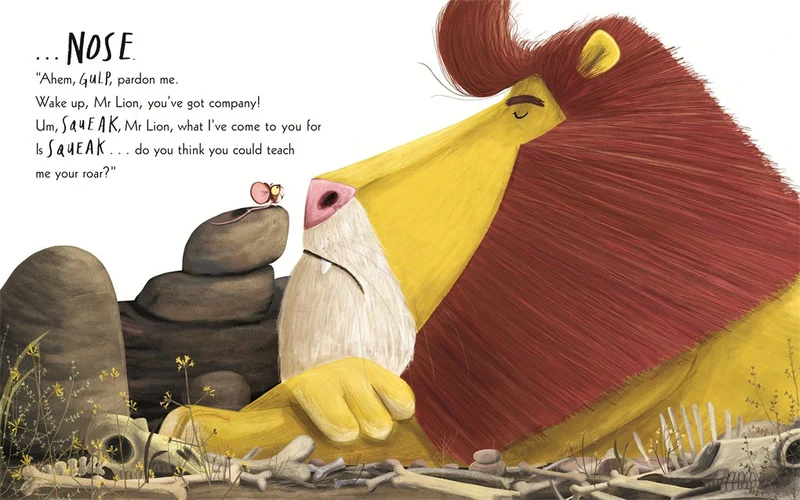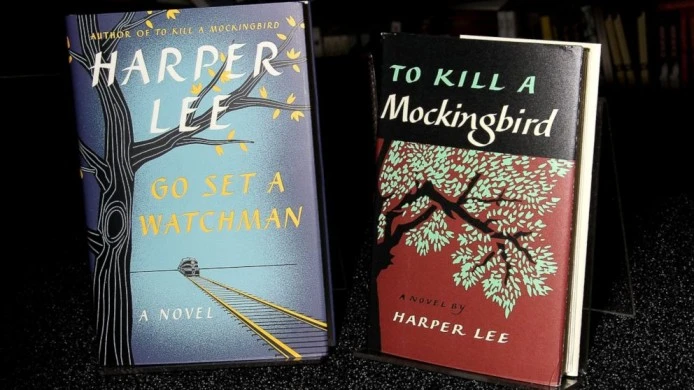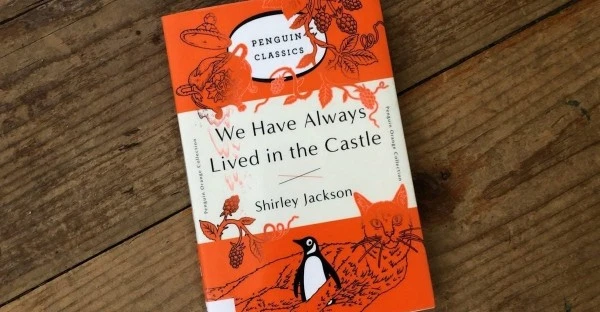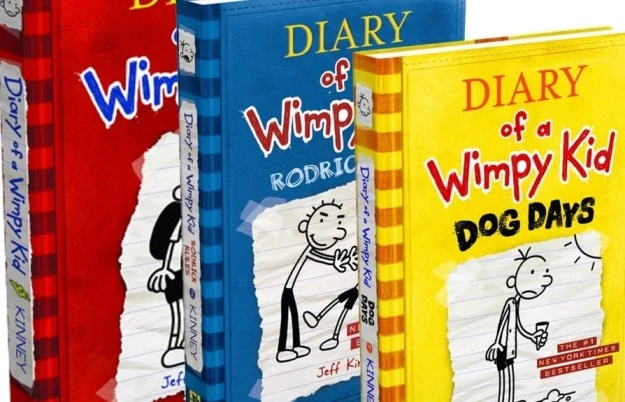For 3 Poets Who Embrace Excess, the Mess Is the Message

Because space is limited in our book-crowded apartment, I couldn’t help noticing that a number of the poetry galleys arriving in my mail over the last six to 12 months were taking up as much room on the shelf as novellas or even novels. The spines were an inch thick instead of a centimeter. For example, “A Sand Book,” Ariana Reines’s ninth book, is almost twice as long as our collection of every poem Elizabeth Bishop ever published. (Bishop’s book “Geography III” included just 10 poems.)
Many of these recent books are also, in one way or another, messy — unruly, sloppy, mixing prose and verse and other media, images and doodles. Nick Flynn’s “Stay” is printed in multiple fonts and contains, like a scrapbook, comic strips, interviews, collages and color photographs. Monica de la Torre’s “Repetition Nineteen” is two books in one, the second half apparently printed backward and upside down. Even when making use of form, these books are informal, full of intentional errors; they’re sometimes tacky or offensive or, in the words of Gary Sullivan’s “flarf” manifesto, which described the “deliberately bad” genre of “flarf” that emerged in the early 2000s: “Wrong. Un-P.C. Out of control. ‘Not OK.’”
There’s a flarfy quality to MY BABY FIRST BIRTHDAY (Tin House, 186 pp., paper, $15.95), Jenny Zhang’s third book and second collection of poetry. Its content is grouped into four sections by season, suggesting a near-daily process of composition and an end product that resists much further editing or organization, as though she had published a run of her LiveJournal entries. (The original flarf collective posted much of their work on blogs.) The poems are aggressively jejune and gross, full of “goo” and “pubes” and “puke” and other words I am not allowed to quote in my column. This messiness is clearly on purpose, for effect — one poem is titled “needs revision!” (The capitalization of titles and the personal pronoun is consistently inconsistent.)
This rather dazzling six-page poem operates like a run-on sentence, free-associating and changing its mind (“but actually ~ no ~ / no to wanting someone else / to do the work for us”), trailing off conversationally (“I don’t know man … was I wrong / to assume I was straight?”), throwing shade at a viral Paris Review essay (“did someone with this level of professional achievement / actually agonize for three weeks / over watching that scene in Annie Hall”). The poem is pissed off (“the more I talk about my pain / the more white people literally profit”) and its speaker feels trapped (“I hate this reality but neither / will I just die”). It’s as though career success is a capitulation to capitalism, hence a kind of failure — hence this book must hate itself. Zhang’s messiness is defiance: a refusal of standards (in America, necessarily white standards) of “beauty” and “quality” and even evidence of effort, a refusal of the burdensome standard of the “model minority.” It feels important that some of these poems are extraneous. One, called “jenny’s trying,” is just one line: “why hide?” Cutting “My Baby First Birthday” down to a typical 70-ish pages would work against its project, an assertion of the overflowing self and a denial of containment.
Joyelle McSweeney’s TOXICON AND ARACHNE (Nightboat, 145 pp., paper, $16.95), like “Repetition Nineteen,” can be thought of as a double book. The first part, “Toxicon,” would make a fairly long book in itself, over 100 pages. It was written while McSweeney was expecting a daughter. The second part, “Arachne,” is an elegy, an ode to this daughter’s very brief existence. Here, what overflows the collection is of course grief, as well as love, and, as in Zhang’s work, anger and disgust. McSweeney is much more formally inclined — the book contains a crown of sonnets and two sestinas, perhaps the only good sestinas I’ve ever read. In the free verse poems too, sound and rhythm are the governing principles, with deeper connections almost feeling like a bonus to the surface pleasure of the sonic riffing, as in “Vagus Nerve”: “like a star / who snuffs out / its own path / like a tsar / who wears a / many-beaméd trinket on his chest / like a target for a / Taser or a laser.” These sequences create the illusion that anagrams and rhyming words are automatically related in meaning, that semantic echoes always follow aural echoes: “Britney Houston, we have a problem. We have a cyst. / Mister Softee, peanut brickle, Sierra Myst.”
One of McSweeney’s tricks is the faux typo, the little “mistake” that is so much more apparent in a poem than it would be in prose, since our attention to individual words is heightened. There are several in the long poem “Ars Poetica”: “Edison wanted to make a light bulb. / Franklin wanted to make a kight light up at night.” Another poem refers to “tennish balls.” These typos are like chips in the wallpaper of controlled reality. They remind me of a psycholinguistic study that showed people could still read a text when the letters in each word were out of order, like this, as one science writer illustrated: “the olny iprmoatnt tihng is taht the frist and lsat ltteer are in the rghit pcale.” It suggests that order, correctness, is fake. At their most disorderly, McSweeney’s poems highlight errors of history, genetics and luck — and that contemporary feeling of being in the wrong timeline. When, at the end of the tragic “Black Orchid,” McSweeney stops capitalizing her sentences, the poem seems to quiver with instability: “We want to foster a baby born full of intoxicants. we want to foster a baby in withdrawal. we want to hold it til it stops shaking. we want to put it back in the river.”
DMZ COLONY (Wave, 132 pp., cloth, $35; paper, $20), by the poet and translator Don Mee Choi, is the shortest of these three books, but the most intimidatingly messy at a glance, containing prose blocks, verse, something like a short absurdist play, sketches, collaged and annotated photos, images of handwritten Korean characters on ruled paper. The opening passages are written in a flat, approachable dispatch style: “On February 23, 2018, the day of my poetry reading with Daniel Borzutzky at the Pulitzer Arts Foundation, I walked across Forest Park in Saint Louis, Missouri. … In December 2016, I returned to South Korea. I returned in the guise of a translator, which is to say, I returned as a foreigner.” (I like books that feel notebooky, as if I were transgressing the author’s private property.) But then we’re defamiliarized and jolted by the entrance of a “Mr. Ahn,” “a political prisoner from 1953 to 1995” whom Choi visits in his village just south of the DMZ. “I recorded Ahn and also scribbled in my notebook while listening to his life story,” Choi writes.
The following 17 pages are a mixture of his oral testimony (reminiscent of Svetlana Alexievich’s work with Chernobyl survivors) and her own scribbles. The horror in Ahn’s story is so compressed it’s almost darkly funny: “Kaesong was attacked … 1952 … many died … I was arrested in 1953 … jailed in Seoul … I received medical treatment in Taegu … I was tortured … endless torture.” The ellipses are ambiguous: Do they represent pauses in Ahn’s speech, or parts elided by Choi? They have the peculiar ominous quality of the ellipses in National Weather Service warnings: “THREAT … CONSIDERABLE.” “THREAT … CATASTROPHIC.” Choi has translated Ahn’s Korean to English, but not into self-consciously artful poetry, as if to say, I cannot speak for him. Choi admits to being a “compulsive translator,” but some things cannot be translated or even spoken. The scribbles stand in for the unspeakable.
These long unruly books do not try to conceal their excess — or, perhaps they say, our rage and grief are not in excess. It’s excess as a corrective.




